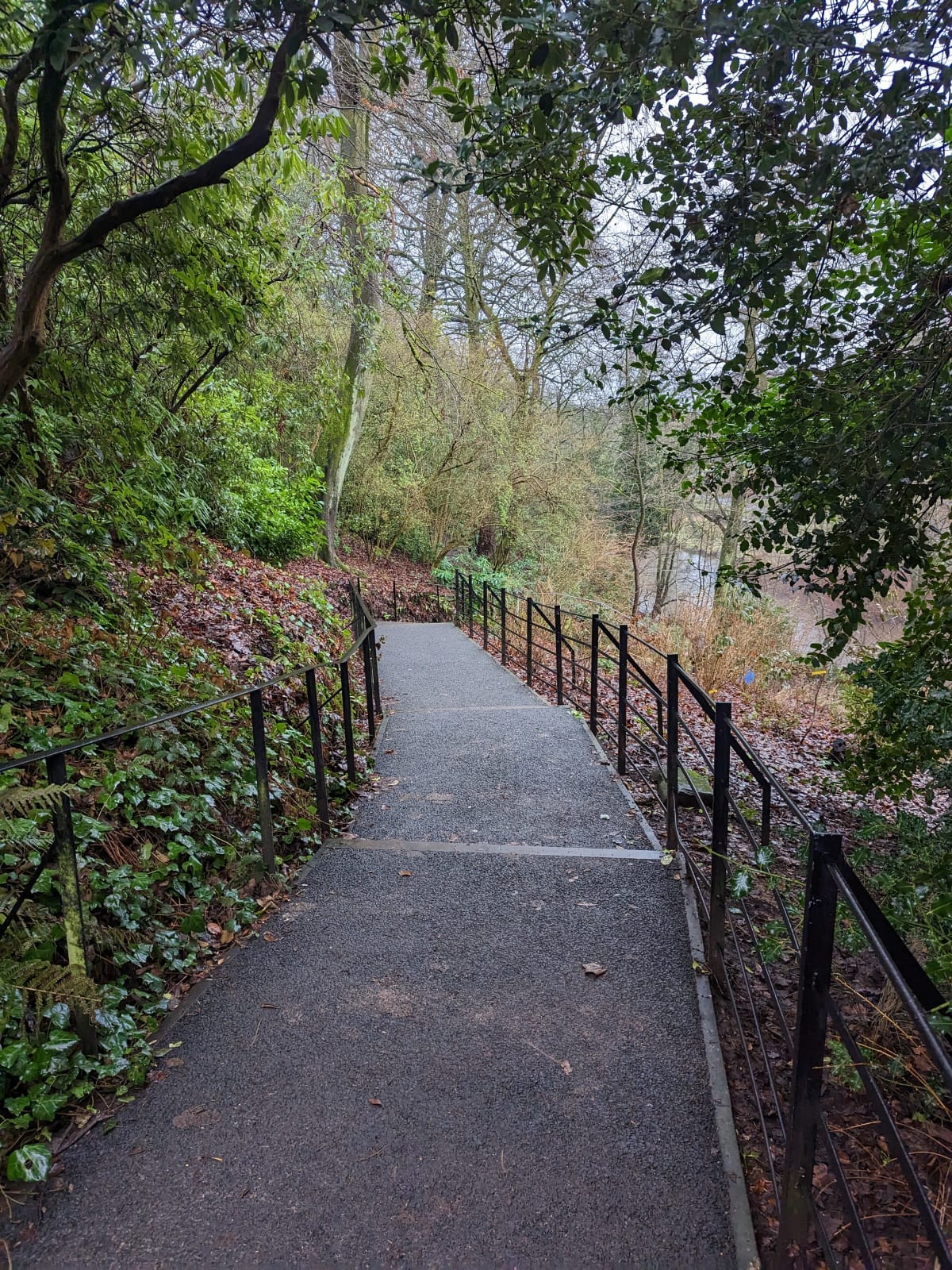Urban Rewilding: The Glasgow Botanic Gardens
The Botanic Gardens in Glasgow have been expanding their reach toward the river Kelvin, using its unique space and environment to harness rewilding principles.
We continue LettsSafari’s series on Urban Rewilding with a look at Glasgow’s Botanic Gardens. At first sight, this is a prototypical British garden, with well maintained flower patches, beds and greenhouses. But, hidden just beyond the Botanic Gardens proper, descending on a cliff face leading down to the river Kelvin, is the wooded Kelvin Cliffsides, which the Botanic Gardens are leaving to allow for a wilder experience.




